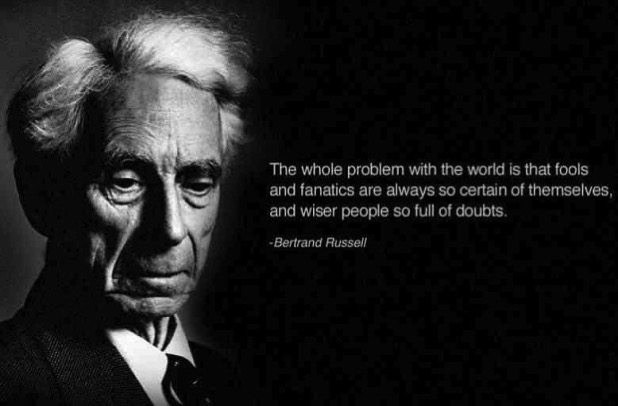Assurance Ideas

I am haunted by this reality: assurance and delusion look and feel identical.
There is no essential correlation between the strength of a belief and the truth of a belief. People can be absolutely convinced of something that is not true.
In my worldview class, my students watched a video of Megan Phelps-Roper, a former member of Westboro Baptist Church. In the video, Megan tells about her "de-conversion," showing how a committed group member can actually change beliefs and form new alliances.
I challenge my students to take inventory of their own belief and see if they, like Megan, might be holding onto ideas that could be destructive. Why is this exercise so stressful for students, especially students from a more fundamentalist background? I believe it is because we have so strongly linked strength of belief with truth of belief. Certainty is the goal; doubt is the enemy.
Our fascination with certainty is a result of our fear of Liberalism and our unspoken allegiance to an Enlightenment epistemology.
One of the greatest lessons from Megan's video is the realization that we need to be humble about our beliefs. When we admit that a beliefs strength does not equal its truth, we open the door to an assurance that is seeking rather than defending. Belief seeking allows me to be open to the possibility that I might be wrong. Belief defending requires me to assume I am right. I am not saying that one should not defend one's beliefs or that apologetics is a bad idea. I am trying to say that if our faith posture is always defensive, we can never examine our beliefs in order to get rid of the wrong ones.
Comments